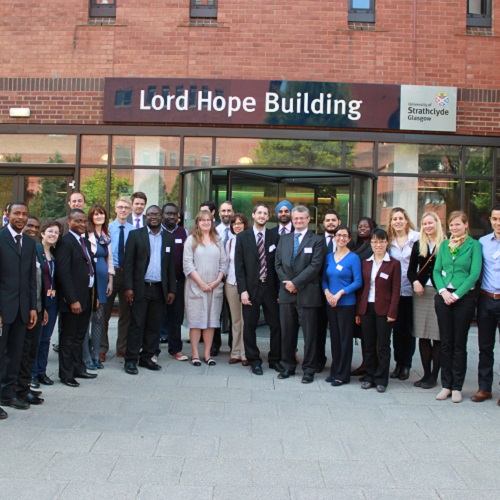We seek to identify and shape emerging areas of legal research in environmental governance that cut across traditional boundaries:
- within environmental law: we aim to foster the understanding of trends, challenges and potential solutions across different areas of environmental law that are increasingly specialised and tend to be researched in isolation from one another (for instance, capacity-building for the sustainable management of biodiversity, oceans, lands and freshwater, as well as for the fight against climate change);
- within the law: increasingly policy-makers and stakeholders require an understanding of the role of law at the intersection of international, regional, national and local levels of environmental governance, including the customary laws of indigenous peoples and local communities, and legal developments by private actors;
- with other disciplines: legal, scientific and social opportunities and bottlenecks for more effective and equitable environmental governance are critically assessed through embedded dialogue and collaboration across Strathclyde University.
Our research seeks to address real-world knowledge gaps that we wish to identify together with partners outside academia (local, regional and international actors) in ongoing multilateral environmental negotiations, as well as in international, transnational, national and local practice. Equally, we systematically share our research with stakeholders at different levels, through international side-events, consultancies and contributions to expert meetings and reviews.







